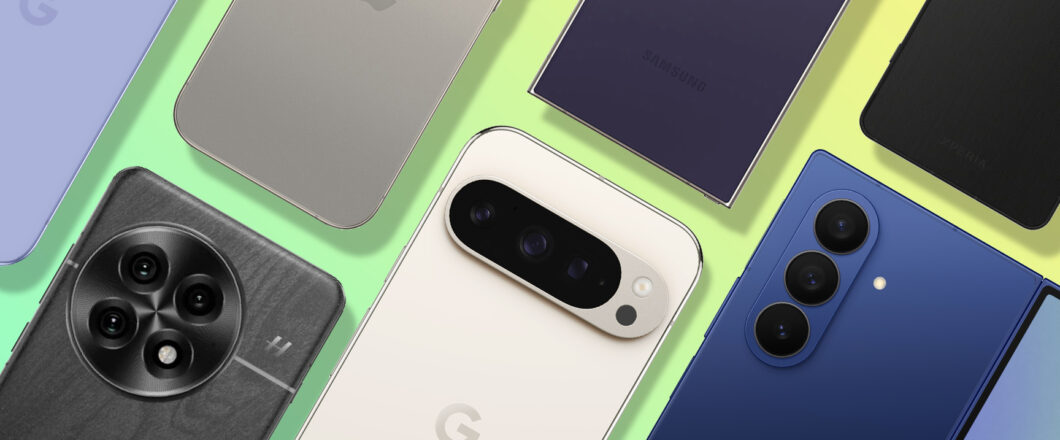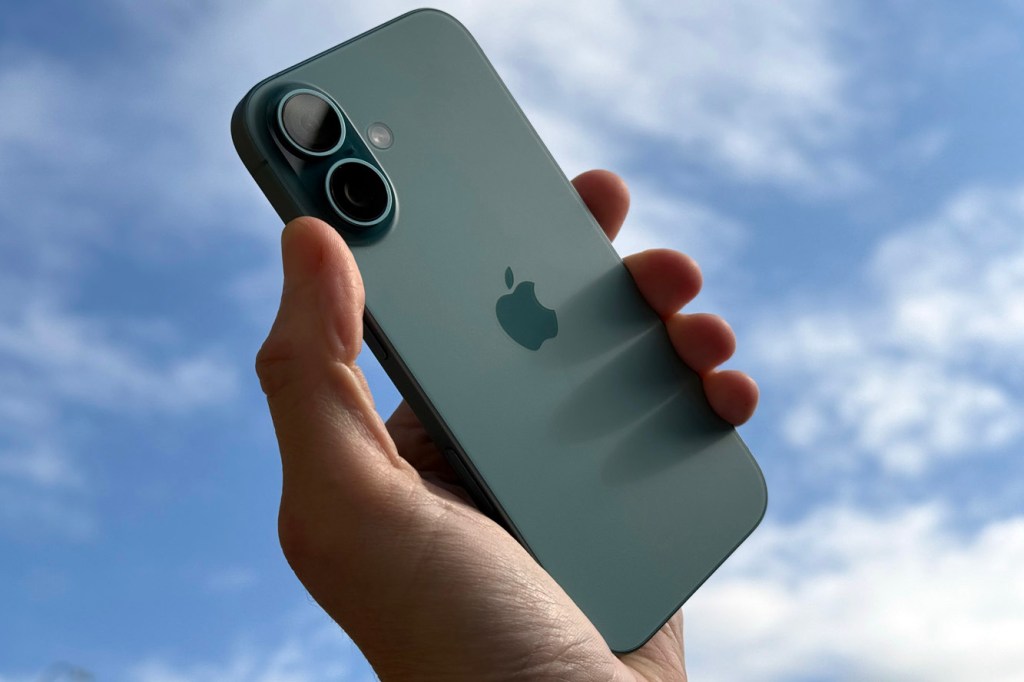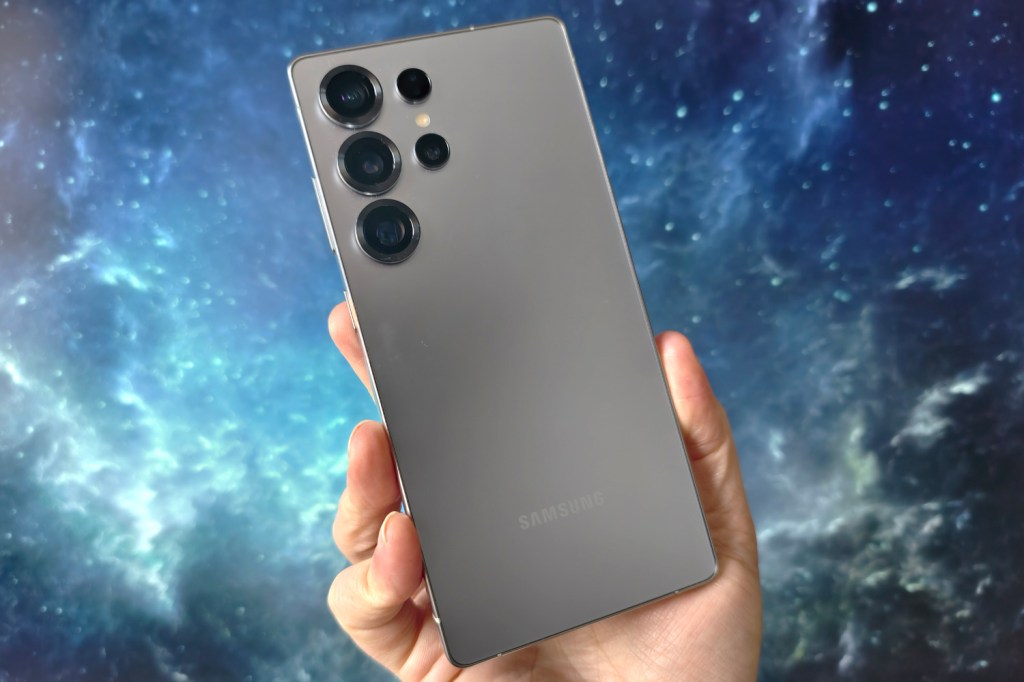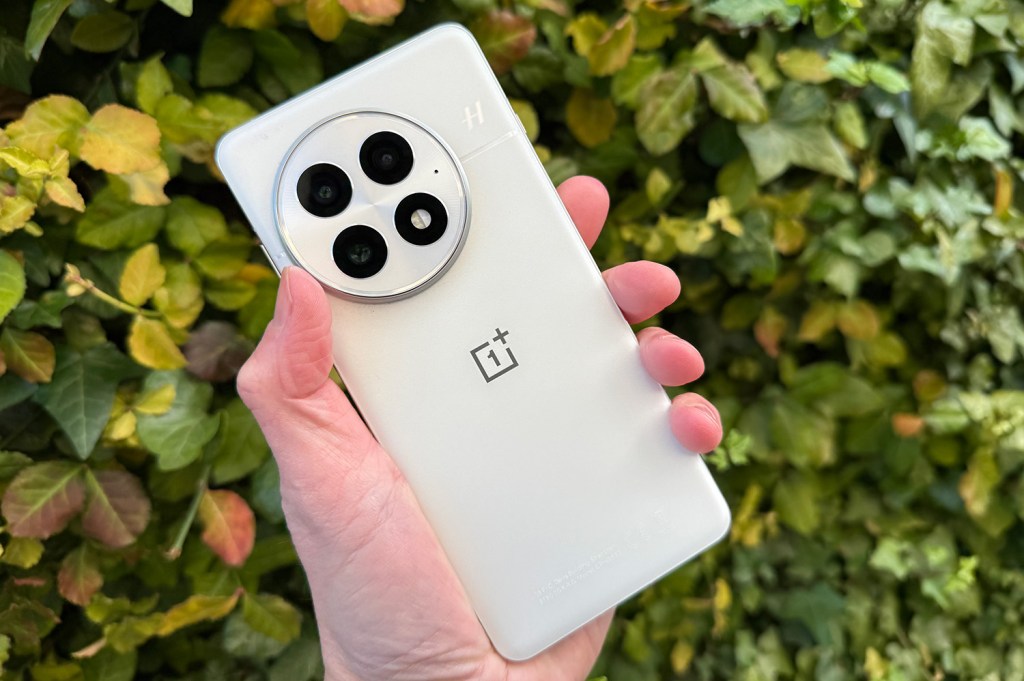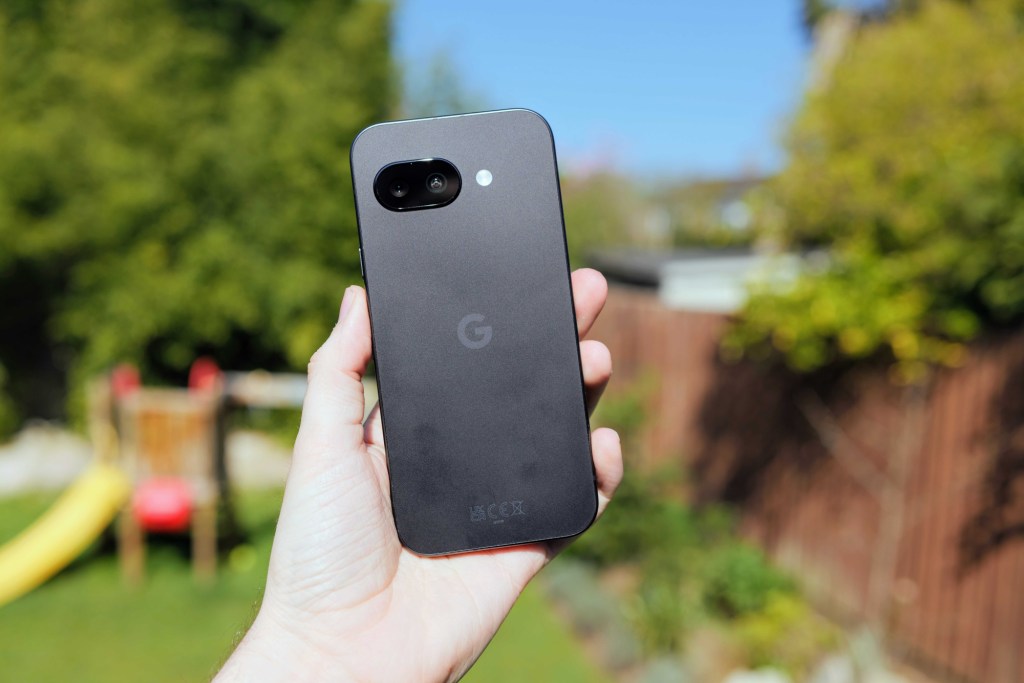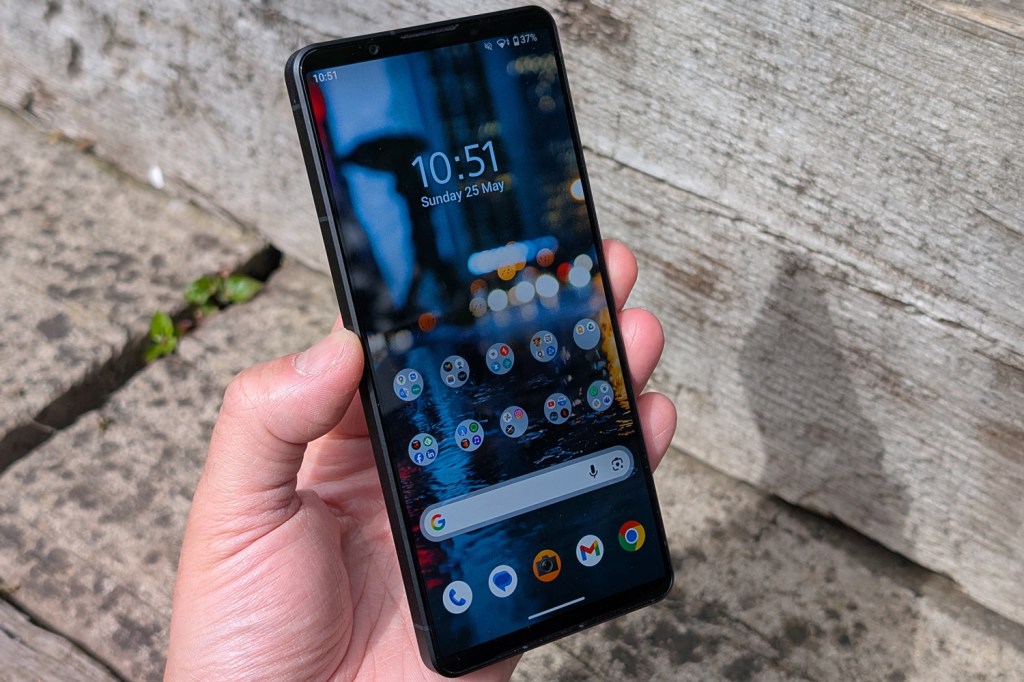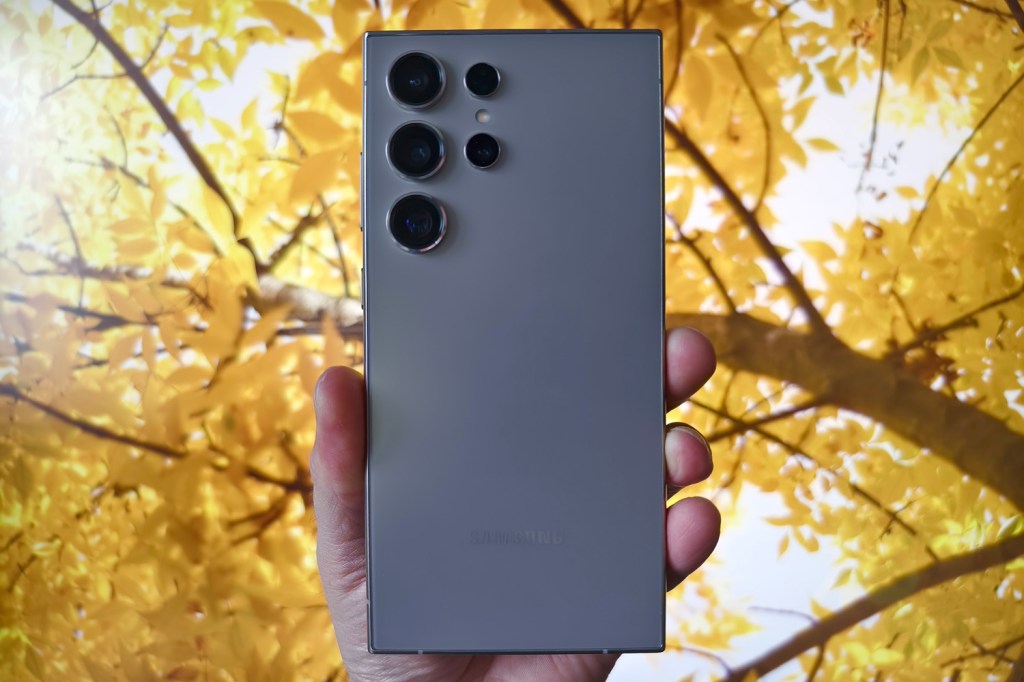
A virtual private network (VPN) with an antivirus bundle is perfect for online and offline protection.
A VPN can preserve your privacy by forging encrypted tunnels that protect and mask your online activities. While many new VPN users in the UK are using VPNs to bypass new age verification checks, they provide far more: disguising your IP address, encrypting your data, and allowing you to access geo-locked content.
Combine a VPN with an antivirus, and you have made serious strides in keeping yourself and your data safe.
A VPN with antivirus may not be as effective for cleaning your system as a dedicated antivirus, just like the latter won’t do a VPN’s job any better. Therefore, you should be precise about the kind of protection you want most before deciding if you should get a VPN with antivirus or vice versa.
What’s the best VPN with antivirus right now?
Surfshark One security suite is our pick for the best VPN with antivirus overall. Beyond the great VPN service delivery we experienced in our Surfshark review, its virus protection feature can stop a significant number of threats, almost like your regular antivirus program. It also has great cross-platform compatibility, ensuring easy integration with your favorite device.
After testing different VPN services that also provide antivirus protection, we found many solid options. Read on for our top picks.
Also: Best VPNs for school
Sort by
All
Countries and servers
Usability
Speed and performance
Security
Price
The best VPNs with antivirus in 2025
Show less
Surfshark is one of the best value VPNs. Adding a robust antivirus for Windows and MacOS into the mix makes it a steal for users with advanced security needs.
Why we like it: It’s one of the cheapest VPNs for the long term. At the time of this writing, the Surfshark One bundle with antivirus costs just $67.23 for 27 months ($2.49 a month). That’s generous, given you can also secure an unlimited number of devices with the VPN using one account (the antivirus has a maximum of five devices). There’s a seven-day free trial if you download through the App Store or Google Play Store, and all plans have a 30-day money-back guarantee.
Review: Surfshark VPN
As a VPN service, Surfshark’s performance isn’t far from our top best VPNs, NordVPN and ExpressVPN. It offers some cool features for masking your IP address and keeping you anonymous online. Alternative ID, for example, allows you to create a fake digital persona (with an email and phone number) and use it instead of sharing your real information on websites. Also, you can change not just your IP address but also GPS location information on Android, making it harder for apps to track you.
Who it’s for: Surfshark is ideal for travelers, price-conscious users, and those looking for automated antivirus and web protection. You can schedule security scans, and also built-in systems like Alert will notify you if your email leaks from suspicious databases online. It’s great for georestrictions too, thanks to the server network in 100 countries and features like Camouflage and NoBorders Mode.
Who should look elsewhere: Server speeds can fluctuate or drop significantly in some locations. A number of users online say that they couldn’t resolve connection issues even after changing protocols or servers. However, Surfshark’s support team is always ready to help with any problems you might encounter.
Also: Best malware removal software
Surfshark VPN with antivirus features: Simultaneous connections: Unlimited | Ad blocker | Two-factor authentication | Kill switch: Yes | Countries: 100 | Platforms: Windows, macOS, Linux, iOS, Android, Fire TV, Chrome, Firefox, Edge, tvOS, and routers | Money-back guarantee: 30 days | Trial: Seven days on Android, iOS, and macOS | Trustpilot rating: 4.5 | Google Play rating: 4.7 | App Store rating: 4.7
Read More
Show Expert Take Show less
Show less
NordVPN is optimized for high-end protection and seamless speeds on PC and mobile devices.
Why we like it: The app’s Threat Protection Pro feature (built for Windows and Mac) safeguards your browsing from threats lurking on the internet. It can detect and block hidden trackers, phishing links, and malicious ads or sites that can put your data or device at risk. This tool also scans for malware on downloaded files (without an internet connection) and regularly checks apps with weak security that can be exploited for malware attacks. A small drawback is that it sometimes flags genuine applications and websites as threats and blocks them.
Review: NordVPN
On the VPN side of things, NordVPN is the fastest app that we’ve tested. It delivers supercharged speeds for activities like 4K streaming without compromising security. There are over 7,600 servers in 126 countries, including specialty servers like Double VPN, obfuscated, Onion Over VPN, and Dedicated IP servers.
Who it’s for: If you want a VPN with strong antimalware and a password manager on the side, look no further than NordVPN. It makes it easier to inspect your downloads in real time and filter out high-risk files, while the NordPass Vault offers safe storage for sensitive data such as credit card information and passwords. You can connect one account with up to 10 devices simultaneously.
Also: Best VPN for torrenting & best free password managers 2025
Who should look elsewhere: At face value, the introductory rates look standard (the Plus plan that includes Threat Protection Pro, for example, costs around $105.36 for 24 months, or $4.39 a month). However, prices increase drastically on renewal, starting from $140 a year.
NordVPN with antivirus features: Simultaneous connections: 10 | Platforms: Windows, macOS, iOS, Android, Linux, Chrome, Firefox, Edge, Android TV, Fire TV, tvOS, and routers | Countries: 111 | Kill switch: Yes | Logging: Email address and billing information only | Money-back guarantee: 30 days | Trial: Seven days on Android | Trustpilot rating: 4.2 | Google Play rating: 4.6 | App Store rating: 4.7
Read More
Show Expert Take Show less
Show less
PIA shares some similarities with Surfshark, like unlimited simultaneous connections and affordability, but it offers you more settings to tailor VPN protection.
Why we like it: Depending on the level of security you want for your data, you can choose from two different tunneling encryptions, 128-bit and 256-bit. Options like port forwarding, SOCKS5 proxy, and MTU size settings also enable you to customize the app for better efficiency.
Review: Private Internet Access (PIA)
PIA antivirus is an extra add-on for Windows. It performs full system scans and isolates suspicious files, prompting you to take action against identified threats. You can access reports of past or scheduled scans directly from the dashboard.
Who it’s for: PIA isn’t just for users seeking advanced settings — it also offers a good price point. The three-year-plus-three-month VPN plan is $79 ($2.03 a month), and adding an antivirus will cost around $36 more ($1 a month). It’s also the only VPN with servers in all the US states and boasts a network of more than 30,000 servers in 91 countries.
Who should look elsewhere: Some don’t like that the VPN is based in the US, a jurisdiction where VPN users can be easily monitored. There is a no-logs policy in place, but that isn’t enough of a guarantee for someone looking for the best privacy.
Also: Best software uninstallers 2025
Private Internet Access with antivirus features: Simultaneous connections: Unlimited | Kill switch: Yes | Platforms: Windows, macOS, iOS, Android, Linux, Chrome, Firefox, Edge, tvOS, routers, Fire TV, and NAS | Countries: 91 | Logging: No-logs policy | Money-back guarantee: 30 days | Trial: Seven days on Android and iOS | Trustpilot rating: 4.3 | Google Play rating: 4.5 | App Store rating: 4.7
Read More
Show Expert Take Show less
Show less
CyberGhost often steals the show with its optimized servers for streaming sites like Netflix, Hulu, Disney Plus, and Amazon Prime Video, but very few know that it offers antivirus for Windows 10 and 11, too.
Why we like it: The Security Suite not only provides protection from many different types of malware, including trojans, spyware, and ransomware, but also has a Security Updater that regularly checks for outdated and risky apps that can harm your computer. It’s a trustworthy antivirus, and its developers, Intego, also have a strong reputation in the cybersecurity industry.
You can pay just $56.94 for 24 months ($2.19 a month) for the VPN and an additional $24 for the antivirus protection for the same period. That’s not far from the likes of PIA and Surfshark.
Review: CyberGhost
Who it’s for: CyberGhost appeals to first-time VPN users, especially those interested in international streaming — the server spread is around 100 countries. The app’s simplicity makes it convenient on PC and mobile devices alike. If you’re always using public hotspots, you might like the auto-protection setting that instantly launches the VPN to secure your connections on any Wi-Fi deemed to be unsafe.
Who should look elsewhere: The CyberGhost account can be used on up to seven devices at once. This limitation is worth considering if you have many devices to protect with a VPN.
Also: Best Android antivirus apps
CyberGhost VPN with antivirus features: Simultaneous connections: 7 | Platforms: Windows, macOS, Linux, iOS, Android, Android TV, Fire TV, NAS routers | Countries: 100+ | Kill switch: Yes | Logging: Payment information only | Money-back guarantee: 45 days | Trial: 24 hours on macOS and Windows; three days on Android, seven days on iOS | Trustpilot rating: 4.0 | Google Play rating: 4.2 | App Store rating: 4.2
Read More
Show Expert Take Show less
To help you choose the best VPN with antivirus for you, this chart displays their different features, processes, and server locations.
| Best VPN | VPN features | Virus protection features | Server locations | Maximum devices | Lowest starting price (USD/month) |
| Surfshark | AES encryption, Multihop servers, kill switch, split tunneling, Camouflage Mode, etc | Anti-malware, real-time protection, webcam protection, data breach alerts | 3,200+ in 100 countries | Unlimited | $72.63 for 27 months ($2.49/month) |
| NordVPN | AES encryption, NordLynx protocol, RAM-only servers, Dedicated and Static IPs, leak protection etc | Anti-malware, malicious sites/tracker blocker, anti-phishing, scam & fraud alert | 7,600+ in 126 countries | 10 | $105.36 for 24 months ($4.39/month) |
| Private Internet Access | AES 128/256-bit encryption, unlimited connections, port forwarding, Shadowsocks/SOCKS 5, etc | Anti-malware, ad and tracker block, real-time protection, quick and custom scans, security reports | 30,000+ in 91 countries | Unlimited | $79 for 39 months ($2.03/month), plus $36 ($1/month) for antivirus |
| CyberGhost | AES encryption, optimized servers, Wi-Fi auto-protection, content blocker, smart DNS, etc | Anti-malware, 24/7 protection, security updater | 9,000+ in 100 countries | 7 | $56.94 for 24 months ($2.19/month), plus $24 ($1/month) for antivirus |
| Choose this VPN with antivirus.. | If you want… |
| Surfshark | The best VPN with antivirus features overall. Surfshark is one of my favorite affordable VPNs and it isn’t far away from top competitors regarding speed and server variety in its network. You can expect many VPN and antivirus features for less. |
| NordVPN | Advanced security features for accessing the web safely. NordVPN offers excellent speeds, an attractive user interface, multi-platform compatibility, and Threat Protection Pro — an antivirus tool with features including browsing and phishing protection. |
| Private Internet Access | Customized VPN protection and unlimited connections. One of Private Internet Access’s strengths is its customization options, allowing you to choose the level of protection and what protocols you prefer. |
| CyberGhost | Smart app settings to protect you on any Wi-Fi. CyberGhost has made my list due to its malware protection, including a shield to keep out Trojans and ransomware. It’s also great for streaming and offers new subscribers a 45-day money-back guarantee. |
We evaluated the best VPNs with antivirus based on ZDNet’s VPN testing criteria. After shortlisting all services offering this combination, we narrowed them down to only those with trustworthy security and privacy protection measures. We checked the encryption and performed leak tests on individual apps to ensure that the software not only provides real-time protection, but also doesn’t leak crucial details like IP address, DNS, and WebRTC requests.
We also monitored the performance closely, ensuring that using the software doesn’t cause serious connectivity problems, drain resources, or conflict with other system operations, as is always the case with some antivirus solutions. Thus, our chosen services are also reliable for activities like streaming, gaming, and safely opening links or downloading files on peer-to-peer sites.
Your preferences will greatly determine which features to look for in a bundled VPN service. Some of the features you might want to check are:
- Powerful security suite: The VPN should provide the best encryption cipher, AES 256-bit, alongside secure protocols like WireGuard, OpenVPN, and IKEv2. See also that the app has a kill switch, and leak protection, and is supported by a no-logs policy. The anti-malware app, on the other hand, should provide strong protection and detection tools to identify a wide catalog of threats, including those you’re most vulnerable to.
- Server selection: An extensive server coverage means you can easily spoof your location and browse or stream content anywhere, especially when traveling to countries blocked from accessing certain services, apps, and platforms.
- Reliable connections: While VPN encryption can often slow down your internet speeds, choosing a well-optimized VPN will have minimal impact, resulting in fast speeds closely matching your ISP’s rates.
- Usability. The VPN and antivirus apps provided should seamlessly integrate with your operating system or devices, supporting simultaneous operations between VPN and antivirus without glitches.
- Cost and value. For the full dynamic range of cybersecurity features offered, the price shouldn’t be prohibitive.
- Free trial and money-back guarantee. Much better if you have the option to test the app for free, or get a full refund if it doesn’t meet your expectations.
Latest news on VPNs
- NordVPN now has a Scam Call Protection feature, though it’s still limited to Android users in the US.
- The newly introduced UK online age verification law has seen a sharp increase in the demand for VPN apps as internet users try to find solutions to circumvent the restrictions.
- ExpressVPN has launched a “post-quantum” implementation of the WireGuard VPN protocol and has published a technical whitepaper (PDF) on the subject.
- Arctic Wolf researchers have seen an uptick in Akira ransomware deployments targeting SonicWall SSL VPN/firewall devices.
- BulletVPN has shut down, giving current and lifetime subscribers an option to transition to Windscribe for up to six months for free.
Yes an antivirus program can block a VPN, especially if the apps are installed from different providers. Antiviruses sometimes flag VPN applications as malware and block their operations. If you experience VPN connectivity, you can always check the antivirus user panel to see if the VPN is among the programs blocklisted, and give permissions.
Yes, Avira and Avast One offer free security suites with VPN and antivirus apps. You can install any of these free apps on a PC or phone and scan for threats, or connect to free servers in select locations. However, some essential features can only be used with a premium account. If you find these free apps too basic and limited, you can try some of our best free antivirus solutions.
A VPN doesn’t offer protection from viruses. It primarily helps to hide your IP address and encrypt sensitive data when connecting to unsafe networks or browsing the internet. If you want to prevent or remove viruses from your device, you will need a full-fledged antivirus service. The rule of thumb is to always leave the antivirus running in the background for threats to be detected and eliminated.
Latest updates
- August 2025: In ZDNET’s August update, we performed substantial editorial and layout changes. However, our top picks remain the same.
Other VPNs with antivirus worth considering
Show less
Bitdefender is a trusted antivirus solution worldwide that also offers a good VPN. Depending on whether you prioritize system or online protection the most, you can choose plans that only offer antivirus, VPN, or both.
There is a free tier of the antivirus version (on all supported devices), but paid subscriptions offer more advanced protection. Bitdefender Premium Security, which includes device security, VPN, and password manager subscription, starts from $79 in the first year. The standalone VPN service costs $35 the first year ($2.92/month) for ten devices and gives you servers in over 100 countries.
Bitdefender also enforces strong privacy measures on the VPN service. It doesn’t log traffic data and is based in Romania, which is outside of the 5/9/14 Eyes Alliances. So you can not only secure your phone and PC devices, but also browse content anywhere with peace of mind.
Read More
Show Expert Take Show less
Show less
Malwarebytes is another great free antivirus with a VPN bundle. It’s well-tailored for usage on Android and iPhone devices. There is a threat detection and removal tool and settings to block pop-up ads or scammy links sent to your device from opening. You can get a feel of the premium security features for up to seven days for free.
Malwarebytes Plus, which includes Privacy VPN and Browser Guard, costs about $60 in the first year. This is slightly less than Bitdefender, but there isn’t a password manager feature, and also, the number of server locations is fewer (only around 34 countries).
Read More
Show Expert Take Show less
If you’re interested in diving deeper into how VPNs can improve your online experiences, check out our guides on the best VPNs overall, the best streaming VPNs, and our favorite VPNs for travel.

Source link Read More




